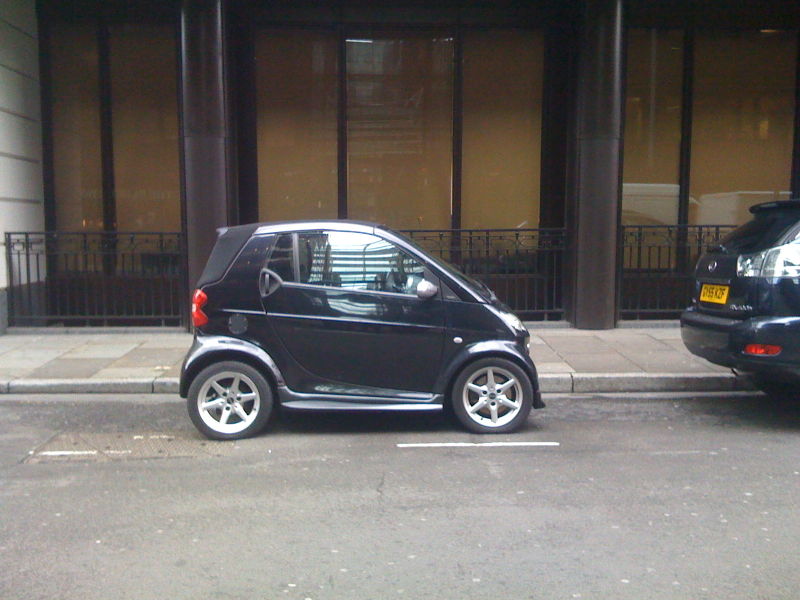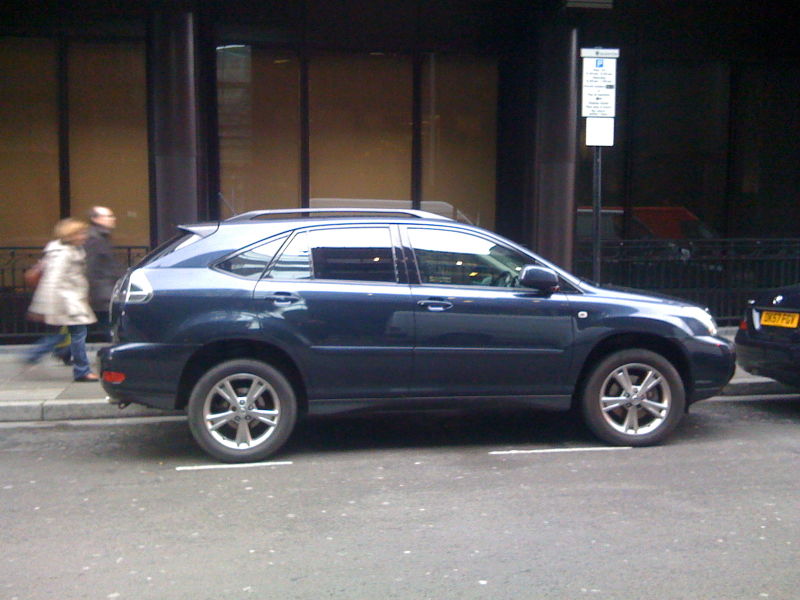I guess I'm embracing slow blogging.
I was surprised by how much attention The Long Car Purchase got, including some email chatter from Japan. But this is a long, slow process. There isn't much to report this month, except that I've had this email (from someone who wishes to remain anonymous) which is almost exactly how I feel. It's repeated below. There might be another post next month, possibly with diagrams.
I am in a startlingly similar position, except my timeframe is more advanced – I will buy one in the next 3 months, as my old Saab now has a street value of about £1500 and every time I get things fixed (new brakes and a drive belt – a mere snip at £600) it makes me a bit ill.
I am checking out second hand German estates (Audi hold their value best, and don’t break down), and also looking at Saab estates, which don’t hold their value as well and sometimes break down. (I have a loyalty to Saab – my Dad worked for them for many years when they were an independent Swedish design-led company. Now they are owned by GM and quality has suffered.)
I also looked at a Lexus hybrid the other day – it was an SUV and quite snazzy but too expensive and still a bit of a planet killer – the hybrid bit only partly atones for the SUV part of the equation. Not as big inside as you might think either, although I have done my homework and it would seem that Lexus build very reliable cars.
It’s in my nature to get quite heavily into the research and comparisons, coming from a family that takes cars fairly seriously."
* Yes, yes I know 'almost exactly' is a bad phrase. Sorry.



Embrace das auto!!
Great time to buy cars with huge engines. Ok, that doesn't sit well with the save the planet crowd and completely pointless for why you need a car but hey, just thinking out loud.
I'd go for at least 6 cylinders, 8 if you can afford it.
Posted by: Al Woods | Feb 01, 2009 at 23:24
This is much simpler than you'd imagine. Japanese cars = reliability (although if they do go wrong, they're costlier to fix mainly down to import/export duties on parts). I've got a 10yr old Mazda. It's fine. I really don't care too much about it, it's got scratches and dings, but it lives in the city a lot. Cheap to insure, cheap to run, and reasonably comfy. If it gets a catastophically big bill, I'll ditch it and buy another, and run that one into the ground. Plus, if I park it next to anything worth nicking (think nice shiny German car), it'll be there when I get back. Also, I saw the same model on an E plate ('87 I think) the other day. These things seem to last.
Top-of-the-range cars are full of gizmos and as my Dad says, it's just more to go wrong. Why not buy a second-hand car, surely that's more environmentally friendly than buying from new?
Posted by: Simon | Feb 03, 2009 at 11:56
Simon, when you scratch beneath the first level of car journalism (like I often do) you'll find that most 'experts' say that second hand cars are more environmentally friendly than buying new.
Posted by: Ben | Feb 03, 2009 at 12:54
Take your time until you finally find the car that you really want and need. Yes, purchasing a car is not an easy decision to make, because you have to consider a lot of factors. One is your purpose. You need to consider if it’s for family use only, or for long trips, etc. You also need to think about the car’s maintenance and your budget. Anyway, I’m sure you will find what will suit your needs. Make a wise decision and invest your money well!
Erwin Calverley
Posted by: Erwin Calverley | Sep 12, 2012 at 19:06